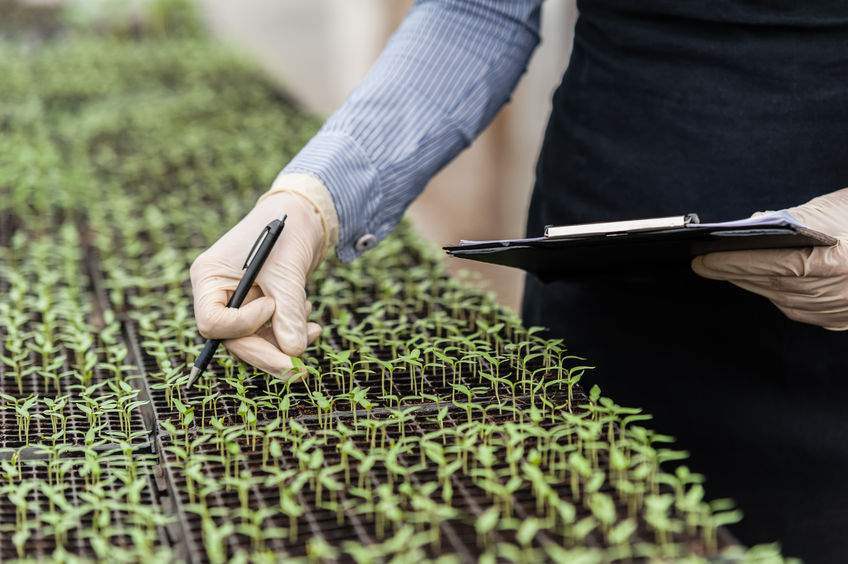
Genetic modification of crops will be essential to avert future food shortages, a group of agricultural scientists have concluded, but a lack of knowledge is hindering development.
The scientists have reviewed how biotechnology developments over the past 35 years have shaped the efficiency of crop production.
GM crops able to repel insect pests or to resist herbicides have transformed the farming of soybean, cotton, maize and canola, reducing costs and increasing productivity.
But a lack of knowledge hinders further improvements in yield, particularly in testing climatic conditions, they say.
Scientists have identified some genes that affect crop yields, such as those influencing grain size and leaf growth, but have still to fully understand the cellular and developmental processes, and how these processes behave in a field environment, they note.
The team, from Rothamsted Research in the UK and from Syngenta Crop Science and Symmetry Bioanalytics in the US, present their review as an online opinion article in Trends in Plant Science.
'Don't know enough'
“Our knowledge of the genes that limit yield in field conditions needs to be developed,” said Matthew Paul, plant biochemist at Rothamsted and leader of the review team.
“At the moment, results that show promise in the lab don’t always work in the field.”
Mr Paul continued: “We are emphasising the great potential of GM, and of genome editing and emerging chemical technologies as well, but in a sense the potential of the technologies on offer is running ahead of our ability to deploy them because we still don’t know enough about the many processes and genes that determine yields.”
He highlighted how GM research at Rothamsted identified a sugar, trehalose 6-phosphate (T6P), that controls the volume of starch in cereal grain and, in GM field trials, substantially improved maize yields in the field, from 10% in well-watered crops to 120% under drought conditions.
“But we got there only because field trialling was conducted in parallel with fundamental science of which genes to target and how to target them in the field environment,” said Mr Paul.
Enhancer
Subsequent collaboration with chemists at the University of Oxford led to the development of a chemical method to alter T6P that, if commercially successful, would enable farmers to spray an enhancer onto crops to increase grain yield.
“In the case of trehalose signalling, fundamental science has run alongside field evaluations to deliver yield improvements with a strong element of understanding mechanisms,” concluded the review paper.
Such a strategy is necessary, added Mr Paul: “If GM and future genome editing approaches and chemical technologies are to deliver on their promise of step changes in yield in a range of environments.”
GM in the UK
The issue of GM crops in the UK has long been one of debate, with environmentalists opposed to their "unnatural" state.
A staunch supporter of GM, however, is Princess Anne. She said she would be open to growing GM crops on her own land as they have 'important benefits' for providing food.
The Princess Royal also said GM livestock 'would be a bonus'.
Her beliefs puts her against brother Prince Charles, who has long opposed GM food and has said it will cause the “biggest disaster environmentally of all time”.
The Scottish government has also shown its dislike towards GM. Scotland’s rural affairs minister has written to the UK Government to seek assurances that it will not impose cultivation of GM crops against Scotland’s will.
Rural Economy Secretary Fergus Ewing has sought confirmation that current EU opt-out provisions on the cultivation of genetically modified crops, which have allowed Scotland to adopt its GM-crop free approach, will continue following Brexit.
The letter by Mr Ewing has been sent to Environmental Secretary Michael Gove. The SNP has previously said it does not want to dismantle Scotland’s GM-free status.
